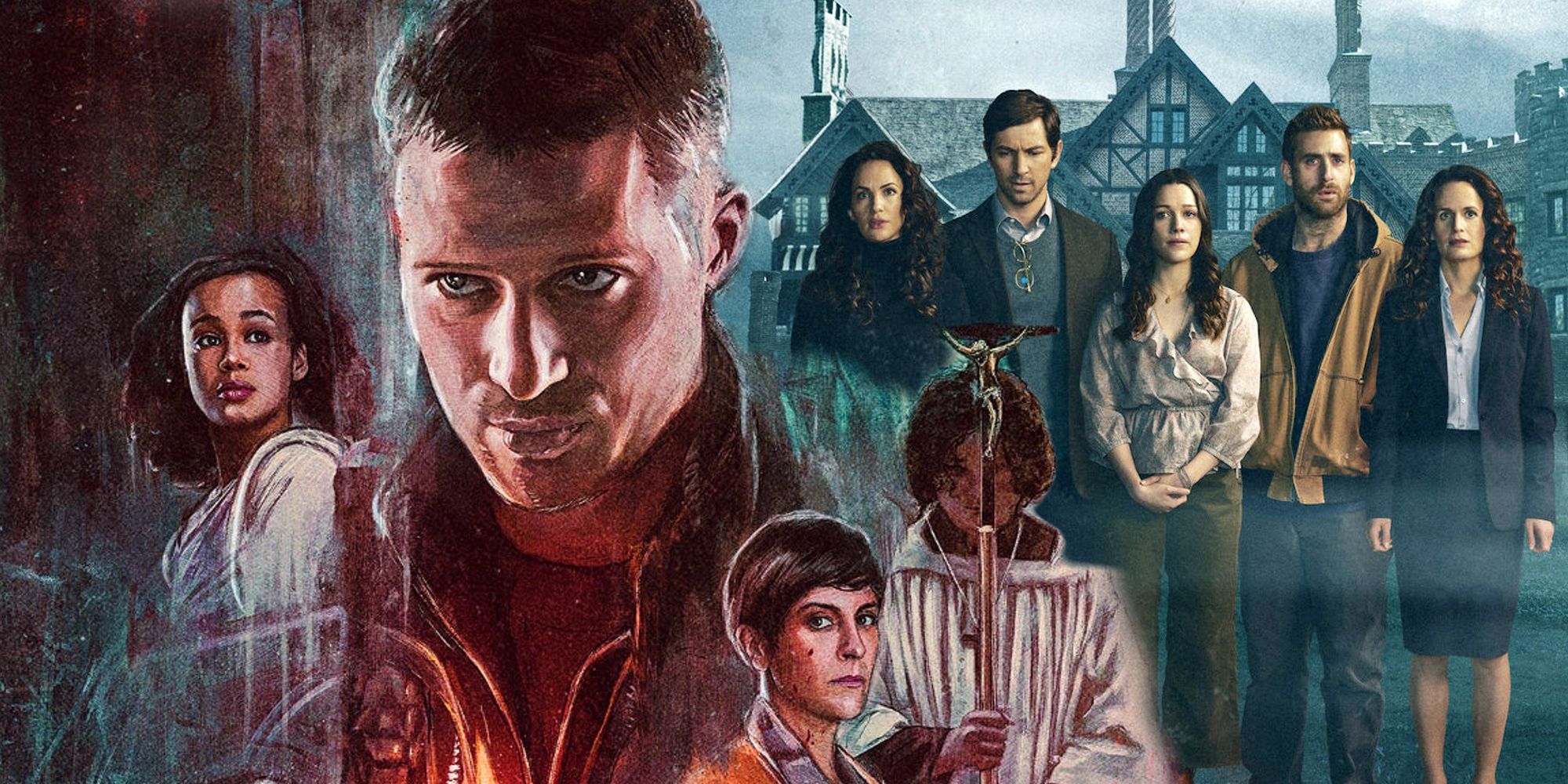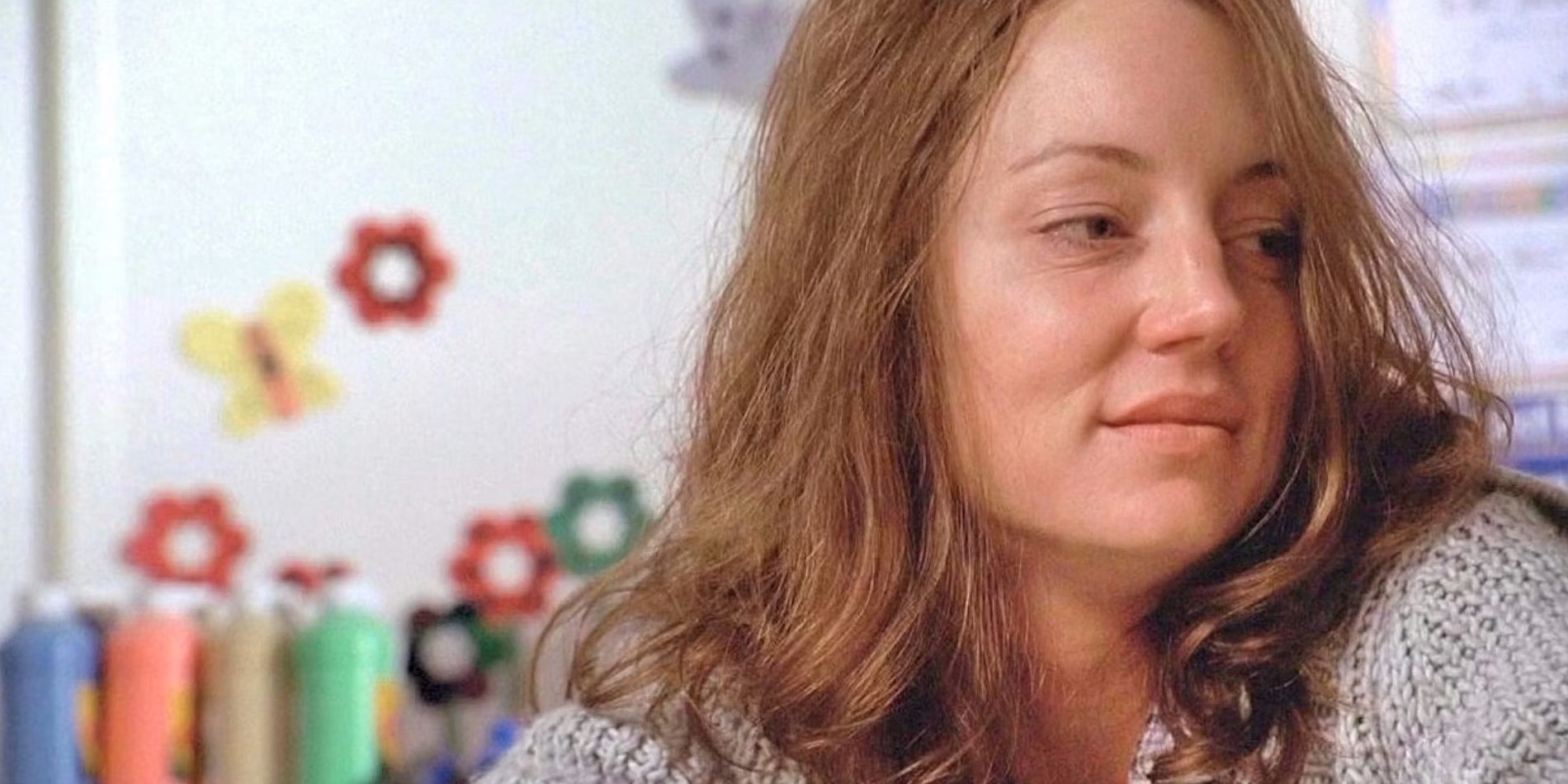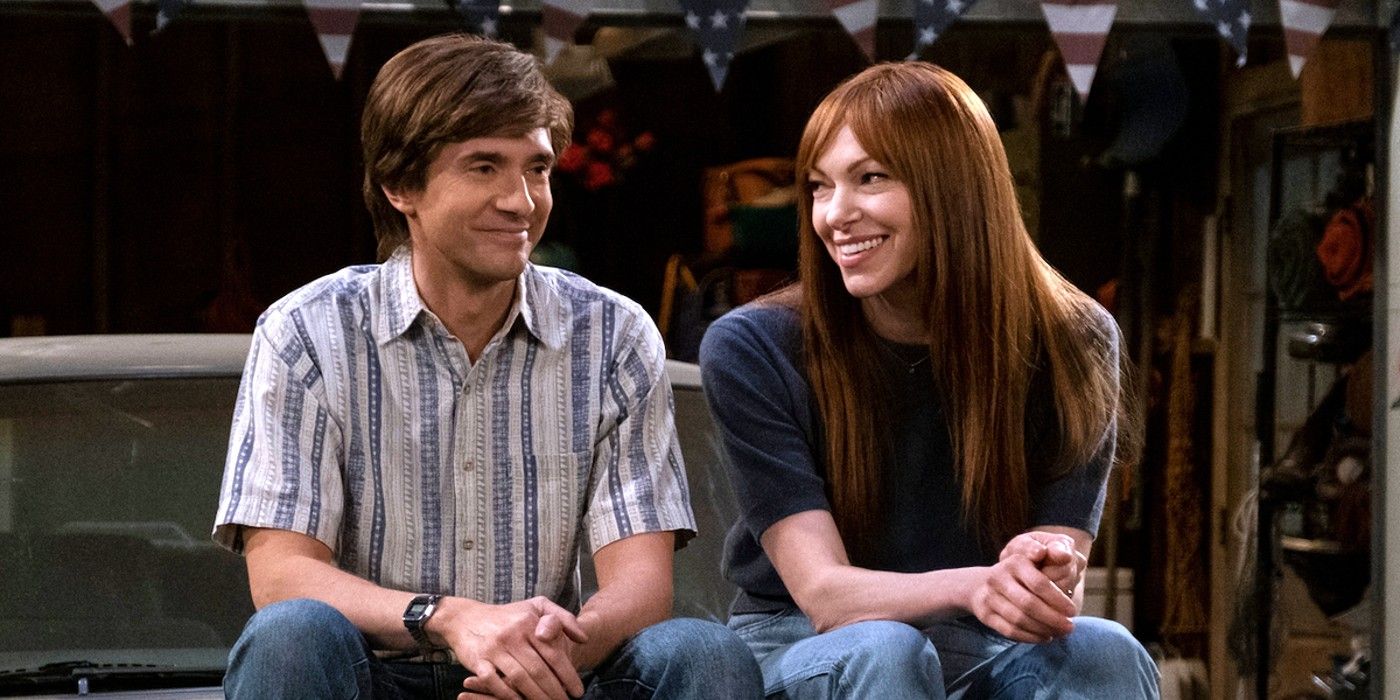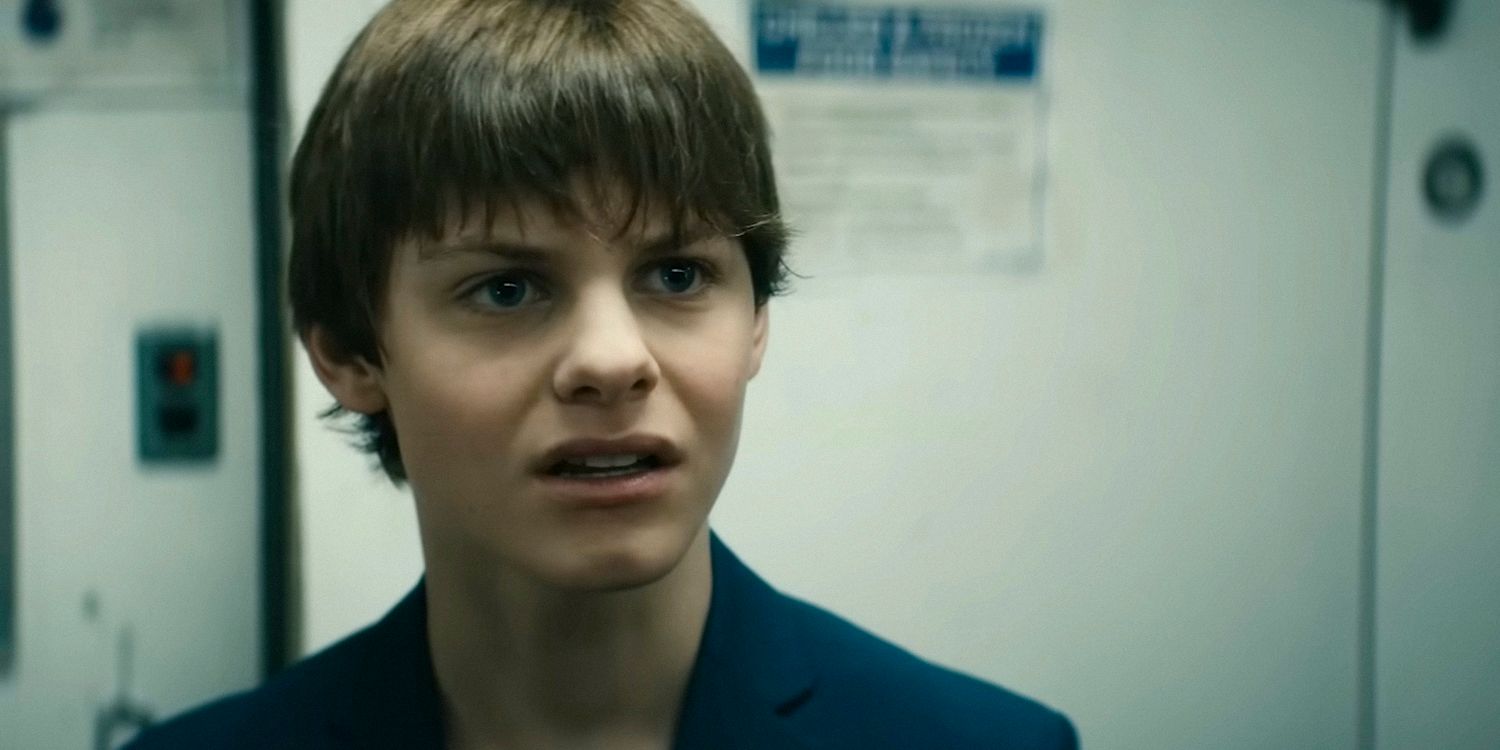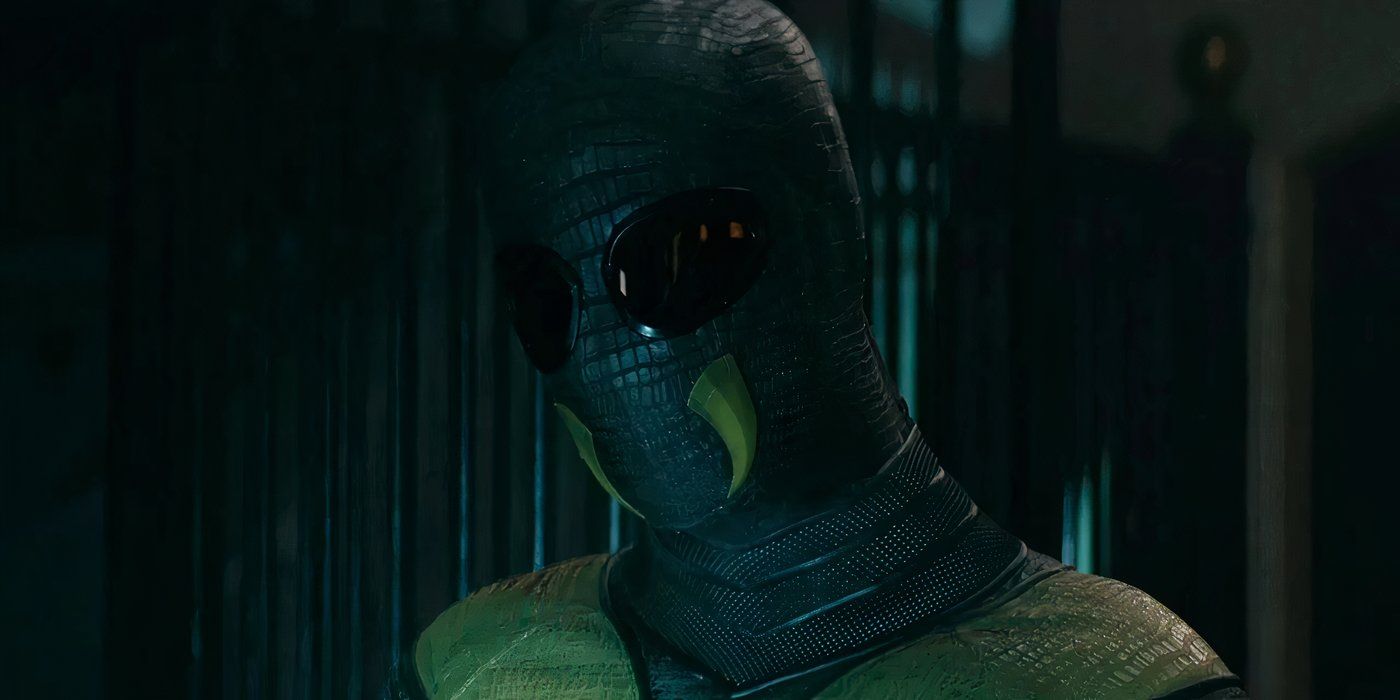Star Wars: The Last Jedi was released last year, and the division between critical acclaim and fan reception is palpable even 10 months later. The second chapter in the new sequel trilogy, The Last Jedi currently sits at 91% Certified Fresh by critics on Rotten Tomatoes, but a vocal percentage of Star Wars fans hate it so much that here’s now a cottage industry of YouTube videos detailing its various crimes against the franchise. The quality of a Star Wars film hasn’t been this hotly contested since the release of The Phantom Menace almost twenty years ago.
For the longest time, the only thing many fans have remembered about The Phantom Menace is how widely disliked it is, but at the time a sizable chunk of general audiences and Star Wars fans actually enjoyed it. It achieved an A- CinemaScore (the same score as Sam Raimi’s Spider-Man, which was released at around the same time), and was a huge hit at the box office, while critics were comparatively chilly in their reviews.
Related: Disney Didn’t Retcon The Prequels – Why Would They Change The Last Jedi?
Even close to a year later, The Last Jedi still has a dedicated anti-fanbase continue to dominate headlines with their toxic attitudes and harassment of those involved in making the movie. While The Phantom Menace, is almost universally derided, the backlash had a slower build (perhaps only growing with the size of the internet) and was fairly limited back in ’99, before the next two prequels had been released and before Jar Jar Binks had been cemented as a symbol of how to ruin a franchise.
- This Page: The Last Jedi Reactions Were The Reverse of The Phantom Menace
- Page 2: Will The Last Jedi Hate Ever Die Down?
Phantom Menace & Last Jedi Are Both Auteur Movies
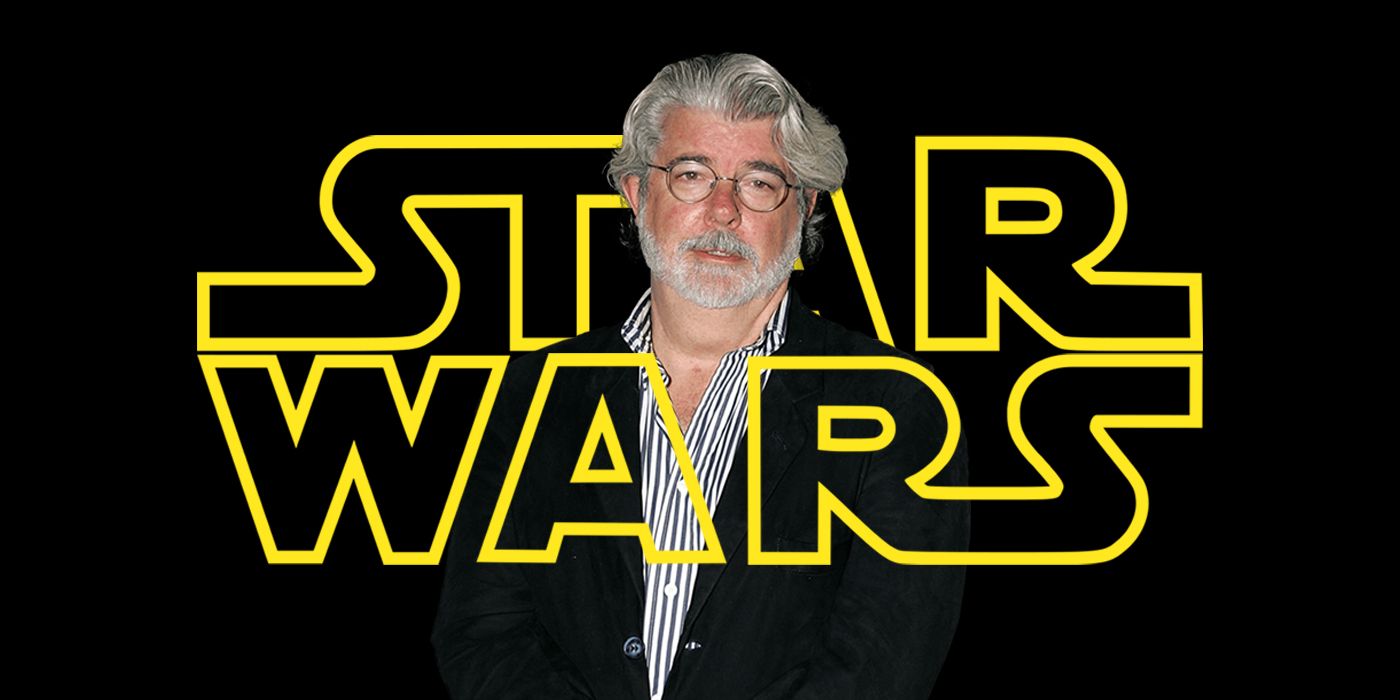
Both Phantom Menace and Last Jedi were fortunate (or unfortunate, in the eyes of many) to have wildly creative directors with almost limitless freedom at the helm. George Lucas, grand architect of the Star Wars mythos, came back to his beloved franchise in the late 90s. Empowered by his ownership of the IP, he went back to what he perceived as the very beginning of the Skywalker saga, with the discovery of Force-child Anakin Skywalker on Tattooine.
Director Rian Johnson, whose main claim to fame by 2017 was the Joseph Gordon-Levitt/Bruce Willis time-travelling hitman head-scratcher Looper, was brought on board for Episode VIII. He immediately proceeded to disregard much of what transpired in J.J. Abrams’ Episode VII: The Force Awakens, much to the chagrin of fans – yet it was his prerogative to do so, as allowed by studio mandate (or apparent lack thereof).
Lucas has never been the most critically-acclaimed director; The Empire Strikes Back, the most well-regarded film in the original trilogy, wasn’t even directed by him, but by Irvin Kershner. Johnson, on the other hand, has received much more critical acclaim for his filmmaking prowess – which may be why critics, but not necessarily fans, loved his take on the Star Wars franchise. To critics, the mythology matters less than the fact he made a well-structured and entertaining movie.
Related: Oscar Isaac Responds to Star Wars Fans Who Hate Last Jedi
To the fans, this auteurship has a direct influence on their beloved characters, and there are some transgressions that particularly rubbed people up the wrong way. Much of the disappointment over The Phantom Menace’s relatively boring trade embargo subplot, annoying alien sidekick and whiny tween hero can be tempered by the Obi-Wan Kenobi, Qui-Gon Jinn and Darth Maul of it all. But in the eyes of some fans, the way Rian Johnson exercised his creative control over The Last Jedi went too far: excising the mystery of Rey’s parents from the plot, killing off Snoke without exploring who he is exactly, and having Luke Skywalker behave like a crotchety old hermit before (literally) fading away into nothingness.
Critics and Fans Have Switched Positions
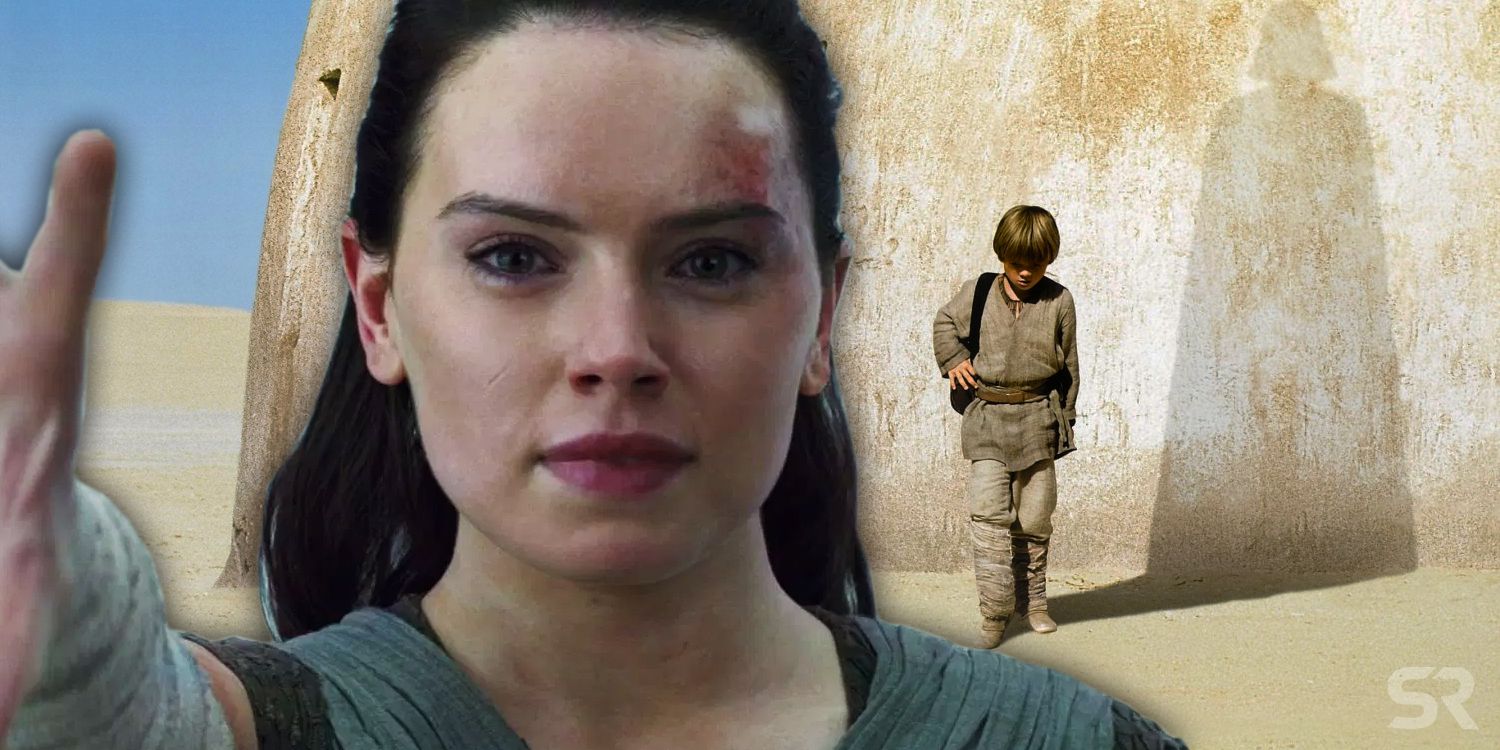
A brief assessment of critical and audience reception to Episodes I and VIII will show that the positions have been reversed. Whilst critics were cold on The Phantom Menace, there was a large portion of the fanbase who tried very hard to love it (it was the return of Star Wars, after all), and there were many who genuinely did. A Google search of the phrase “In Defense of The Phantom Menace” will throw up countless articles from many reputable fan sites, from writers who were fans at the time of its release.
The reverse is true of The Last Jedi, which has a 91% “Certified Fresh” score on Rotten Tomatoes, while the internet is currently littered with YouTube videos and scathing posts on fan blogs dressing down the brave new chapter of the Star Wars Universe. There was even a movement to shut down Rotten Tomatoes because of the movie’s rating… which demonstrated a considerable lack of understanding as to how Rotten Tomatoes works.
Page 2: Will The Last Jedi Hate Ever Die Down?

The Toxicity Is The Same – But Quicker
Unfortunately, some fan reaction has been so toxic that it has plagued the lives of the actors involved in making the movies. Because of a small but virulent minority of fans taking things too far, franchise stars from Ahmed Best to Hayden Christensen to Kelly Marie Tran have been personally attacked for their roles in the movies.
The toxic reaction to The Phantom Menace was drawn out over a span of years, notably as the internet became more widespread and traffic on the information highway became heavier. The ability to spread vile judgments of Ahmed Best’s portrayal of Jar-Jar Binks or Jake Lloyd’s as a young Anakin Skywalker as a focal point of criticism towards the movie became greater. Unfortunately, at the time of its release, fans were not privy to such private communiques as Ron Howard’s written defense of a young Jake Lloyd, in a way that we are today.
Related: Star Wars 9’s Casting Isn’t Correcting The Last Jedi
It’s a reaction that unfortunately led to almost dire consequences for Ahmed Best, as he recently went on the record stating that sadly, he was nearly driven to suicide by the intensely toxic fan reaction. Thankfully, he’s grown to realize his place in cinematic history, spearheading the creation and execution of the first fully-formed CGI supporting character thrown on-screen in a live action movie. Current industry greats like Andy Serkis (Gollum in The Lord of the Rings and Caesar in the recently-revived Planet of the Apes franchise) owe much to the stepping stone that Best first took. But as the wave of negative critical energy slowly swept over The Phantom Menace, so too has it receded.
Conversely, the extreme negative reaction to The Last Jedi happened in a much quicker timespan. This may have something to do with the fact that now, unlike in 1999, everyone has the internet immediately available not only on their computers, but also on their phones, and social media offers a direct path of communication between fans and filmmakers. Spewing vitriol online is easier than ever before.
Kelly Marie Tran, who provides a very sweet yet strong performance as Rose in The Last Jedi, sadly deleted all her social media accounts due to the unnecessarily harsh backlash and online bullying she was receiving. Former franchise star Hayden Christensen – himself once the target of negative fan reaction – even reached out to her, telling her to ignore the haters like he once had to. Many other actors in the franchise have all publicly come to the fore in commenting on the extremely harsh fan backlash, something that didn’t have to be done after the release of The Phantom Menace. All of this, in the span of a scant few months.
Will The Hate For The Last Jedi Die Down?
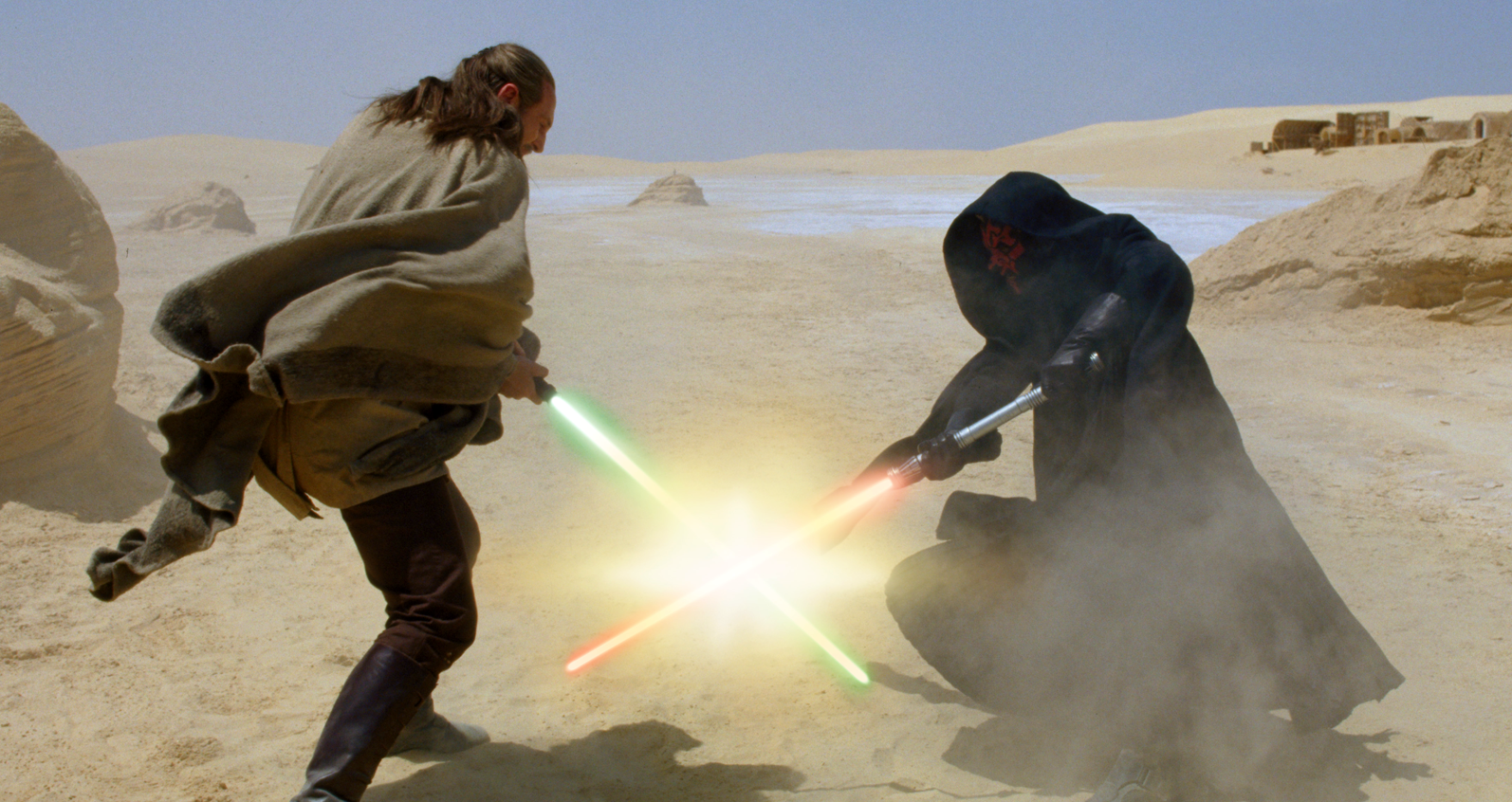
Time will tell if the coming years will be kinder to The Last Jedi, but right now the second chapter of the third trilogy remains the most divisive of the lot. It took almost twenty years for The Phantom Menace to reach the point it’s at now, where fans look back fondly on both it and the excitement they felt about their return to a galaxy far, far away, with critics for the most part agreeing that it’s worth revisiting the prequel trilogy with fresh eyes and a kinder outlook.
Related: Fans Don’t Impact Box Office As Much As They Think
The animosity that some fans feel toward The Last Jedi, which they perceive as a failed chapter of the saga, is their prerogative as fans. It stems from a genuine passion for and personal attachment to the franchise, which is a testament to both Star Wars and its fandom. But passion turns sour when it’s channelled into online harassment of those involved with making the Star Wars movies. Such harassment is inexcusable, and many fans over time realized this in regards to Ahmed Best and Hayden Christensen – albeit much later on.
Here’s hoping the same will be true of Kelly Marie Tran, Rian Johnson and the rest of The Last Jedi‘s creative team. Johnson had a vision he successfully transplanted onto the screen, and told a story that he wanted to tell. His chapter is done now, and the baton will be handed back to J.J. Abrams for Episode IX.
It’s obvious that each Star Wars film is used to weigh up other films in the mythos; how many times were Attack of the Clones and The Empire Strikes Back compared, as respective second-parts of a trilogy? If Episode IX turns out to be a disappointment (many fans are looking to Abrams’ movie to “fix” the franchise), attitudes towards Episode VIII may soften. Alternatively, if Episode IX is the crown jewel of the Star Wars crown, it may intensify fan scorn towards The Last Jedi… or it may finally help them to move on.
More: Everything You Need To Know About Star Wars Episode 9
Key Release Dates
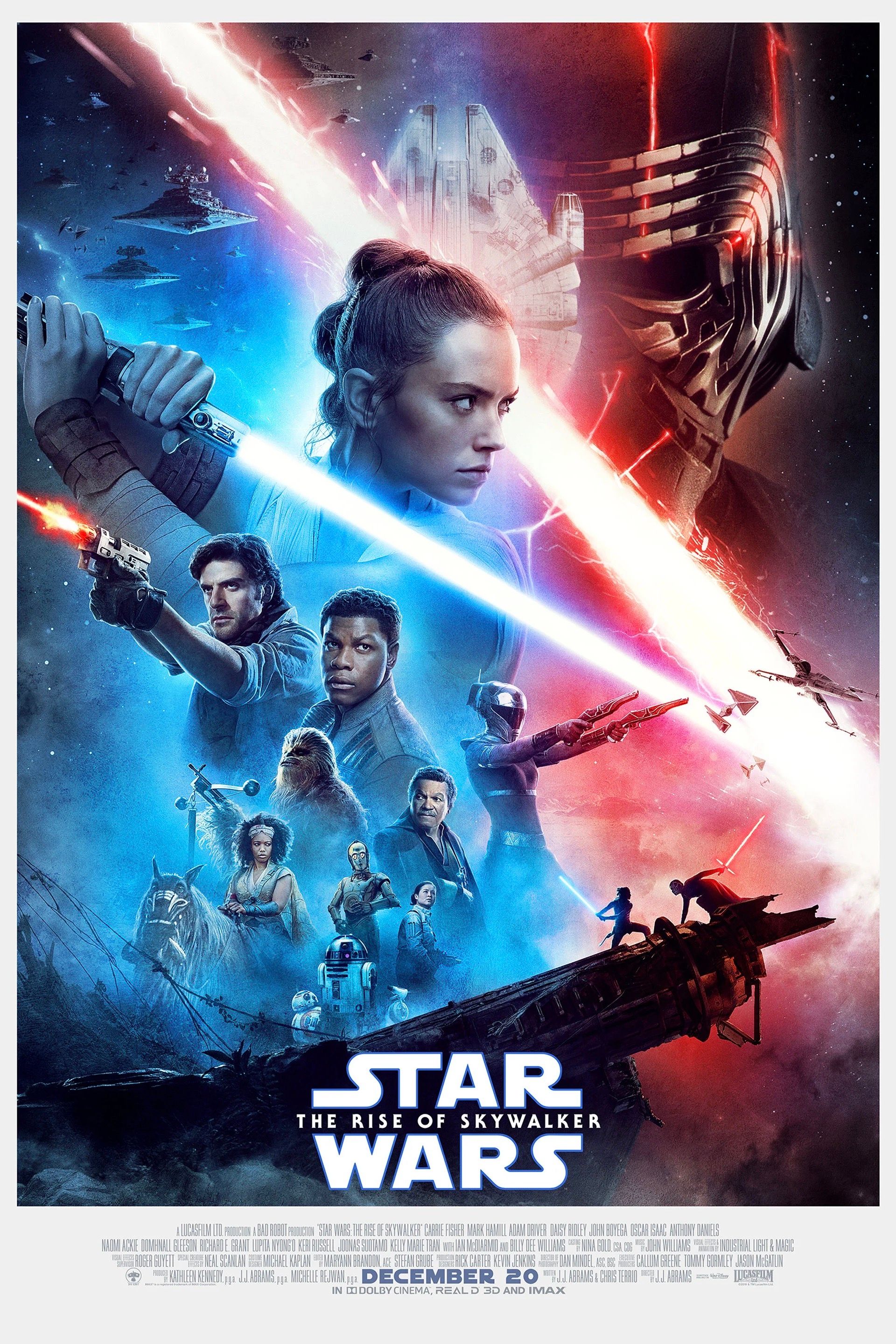
Star Wars: Episode IX- The Rise of Skywalker
Release Date:2019-12-20
